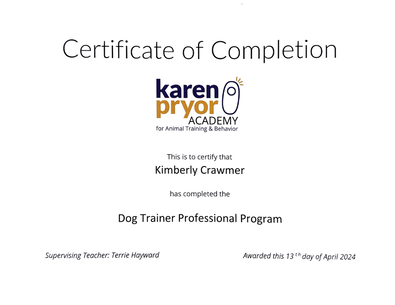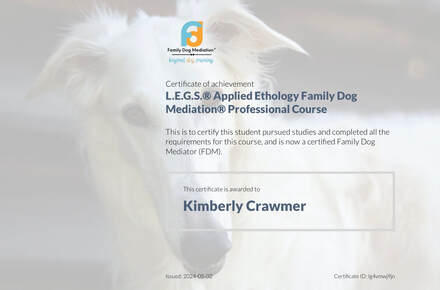Categories
All
Aggression In Dogs
Alpacas
Animal Loss
Bloat
Breeding Candidates Puppy Program
Breeding Decisions
Breeding Dogs
Breeding Rights
California
Clicker Training
Contract Violations
Counterconditioning
CRM
Customer Service
Desensitization
DNA Testing
Dog Behavior
Dog Training
Dreams Come True
Drought
Ethics
Farming
Feeding Goats
Focusing On What Matters
Goats
Goat Training
Health Testing
Hip Dysplasia
How To Choose A Maremma Breeder
How To Raise And Train Outstanding Livestock Guardian Dogs
Husbandry
Illegally Bred Puppies
Karen Pryor National Training Center
Keeping Animals Cool
Limited Registration
Maremma Sheepdog Open Forum
MSCA Code Of Ethics
Orthepedic Foundation For Animals
PennHip Testing
Positive Reinforcement Training
Positivity
Puppies
Puppy Contracts
Puppy Scams
Puppy Training
Resource Guarding
Responsibility
Scam Artists
Science
Sheep Paint
Socialization With Stock
Social Media
Theft
Travel
Umbilical Hernias
Valley Veterinary Services
Voiceover
Zoo Goats
This section will not be visible in live published website. Below are your current settings (click inside this section to edit the settings):
Current Number Of Columns are = 1
Expand Posts Area =
Gap/Space Between Posts = 10px
Blog Post Style = card
Use of custom card colors instead of default colors = 1
Blog Post Card Background Color = current color
Blog Post Card Shadow Color = current color
Blog Post Card Border Color = current color
Publish the website and visit your blog page to see the results
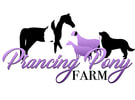
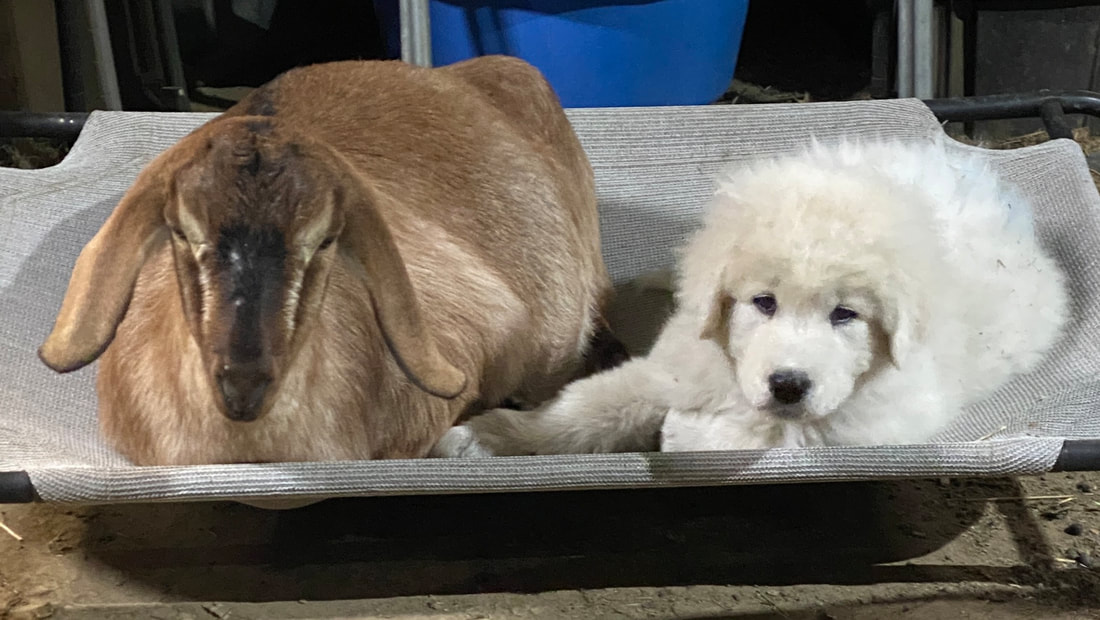
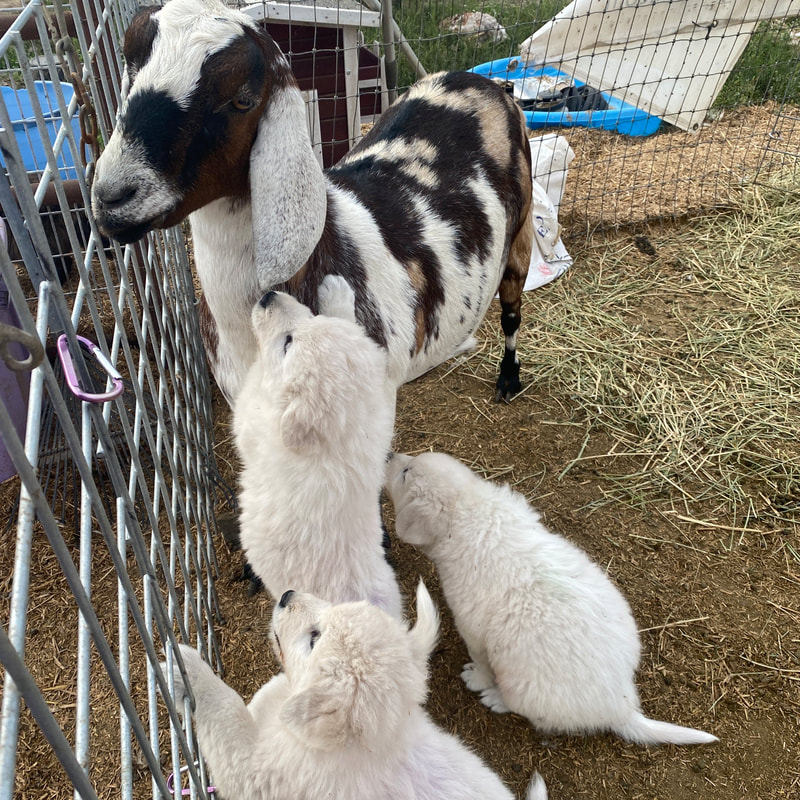
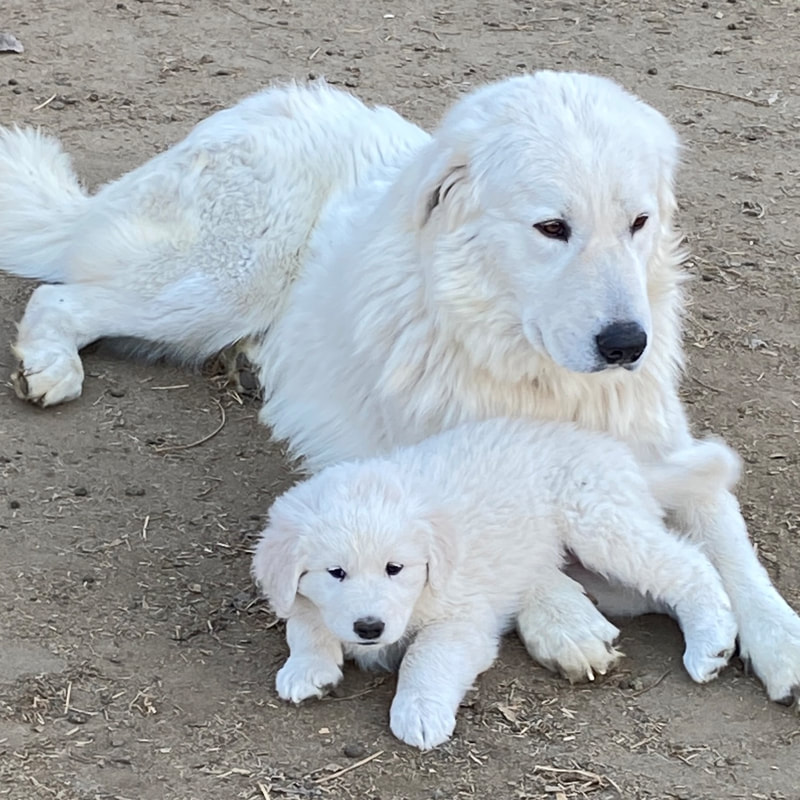
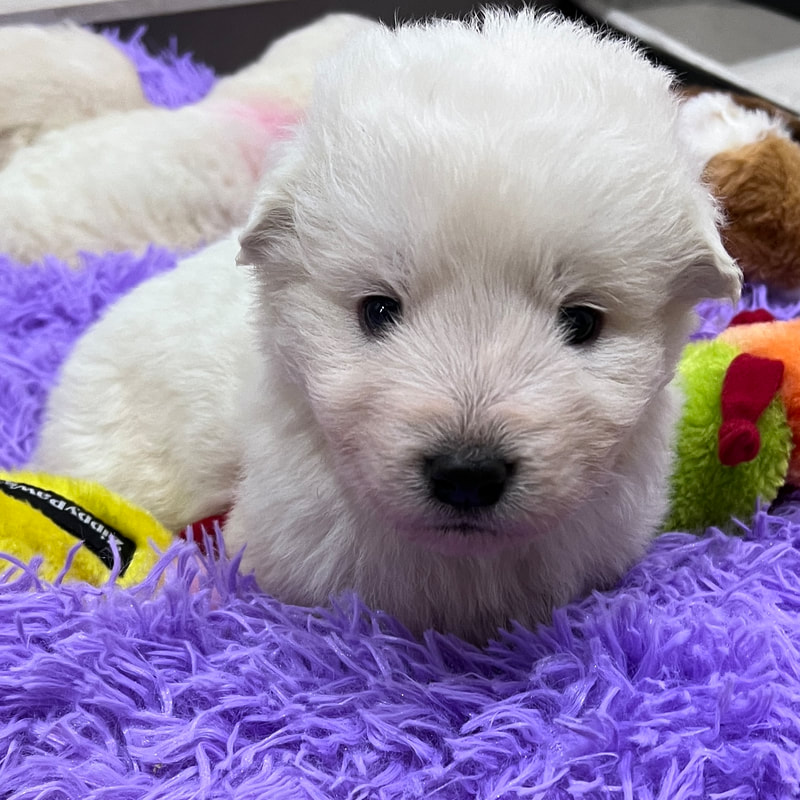
 RSS Feed
RSS Feed


